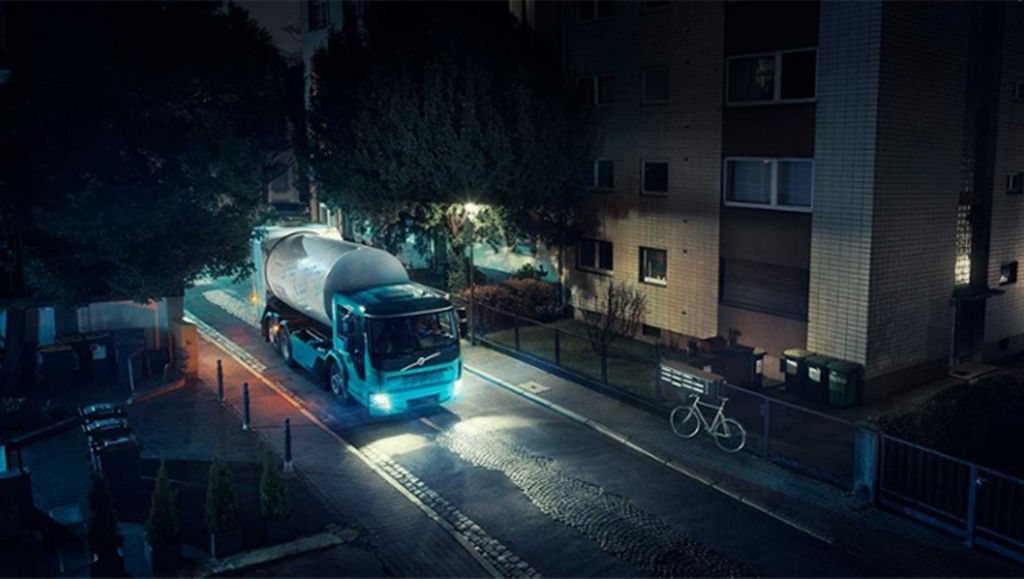Electric truck batteries are cleaner than you think. Here is why.


An electric battery is produced with raw materials that come from a mine. There are various alternatives depending on the properties required by the user. One important component common in the widely discussed lithium-ion batteries is cobalt. The sourcing of this material has drawn controversy over the last couple of years due to labor and human rights violations in the Democratic Republic of Congo reported by Amnesty International. We at Volvo address the sourcing of cobalt in our purchasing procedures. However it is important to remember that there are not only cleaner ways to source cobalt but also much less controversial alternatives. Lithium ion Iron Phosphate (LFP) is probably the most well-known alternative battery chemistry. In China, where last year more electric cars were sold than anywhere else, (Lithium ion Iron Phosphate) batteries are the most dominant type of battery.
There is also a great deal of discussion around the second life of batteries. So is it better to reuse or recycle? Reuse is obviously positive from a sustainability point of view. Electric vehicle batteries retain 70- 80% of their original capacity when they are removed. While the long-term value of such a battery might be limited for the trucking industry, they can still be used in different settings. For vehicles, the energy throughput is important while in some stationary applications, like spare power, the purpose of the energy storage is to secure local availability for critical functions in society. In hospitals for example a second-life battery might be installed and activated once every 5 years. This means that a battery that is close to its end-of-life can still provide a value for society.
We hear from many academic sources that it is important to recycle. By 2025, it is estimated that about three-quarters of spent electric batteries will be first reused and then recycled to obtain reusable materials, such as lithium, cobalt, and nickel. However it is when you break the battery down into separate elements that this particular discussion becomes more sensible. Some of the elements in electric truck batteries can be considered abundant. This raises the questions of whether recycling is really the best option for procurement and whether it is always better for the environment. While recycling has many obvious benefits, it is important to note that in this debate there are also commercial concerns at work. After all, recycling companies want people to use and pay for their resources to collect and extract materials like lithium when and where it makes economic sense.
How electric truck batteries get powered is another point of contention in the discussion around how green electromobility can be. And here there is a cause for optimism since the decreasing price of clean energy means more sources like wind and solar can be a part of the electricity grid. In Europe for the second consecutive year renewables produced more electricity than fossil fuels in the first and second quarters of 2019. While in China and India there is a sustainable global ethic at work, with authorities undertaking a lengthy transition in energy policy away from fossil fuels.
The overall impact of today’s battery production on the environment can be said to be fairly modest, currently on a level that is 80-90% cleaner than diesel production. And with electric vehicles, there is currently an environmental payback of less than a year on commercial vehicles. This is the time required to generate as much energy as is consumed during production and lifetime operation of the system.
The environmental case for electromobility is one of the hottest topics in today’s trucking industry. As this debate continues to rage on, it’s important to take a moment to reflect on the facts and myths surrounding electric trucks and their green credentials. I have prepared a guide that addresses some of widely held misconceptions on this topic to help you get a more balanced view on the debate.

Edward is a Senior Director at Group Trucks Strategy